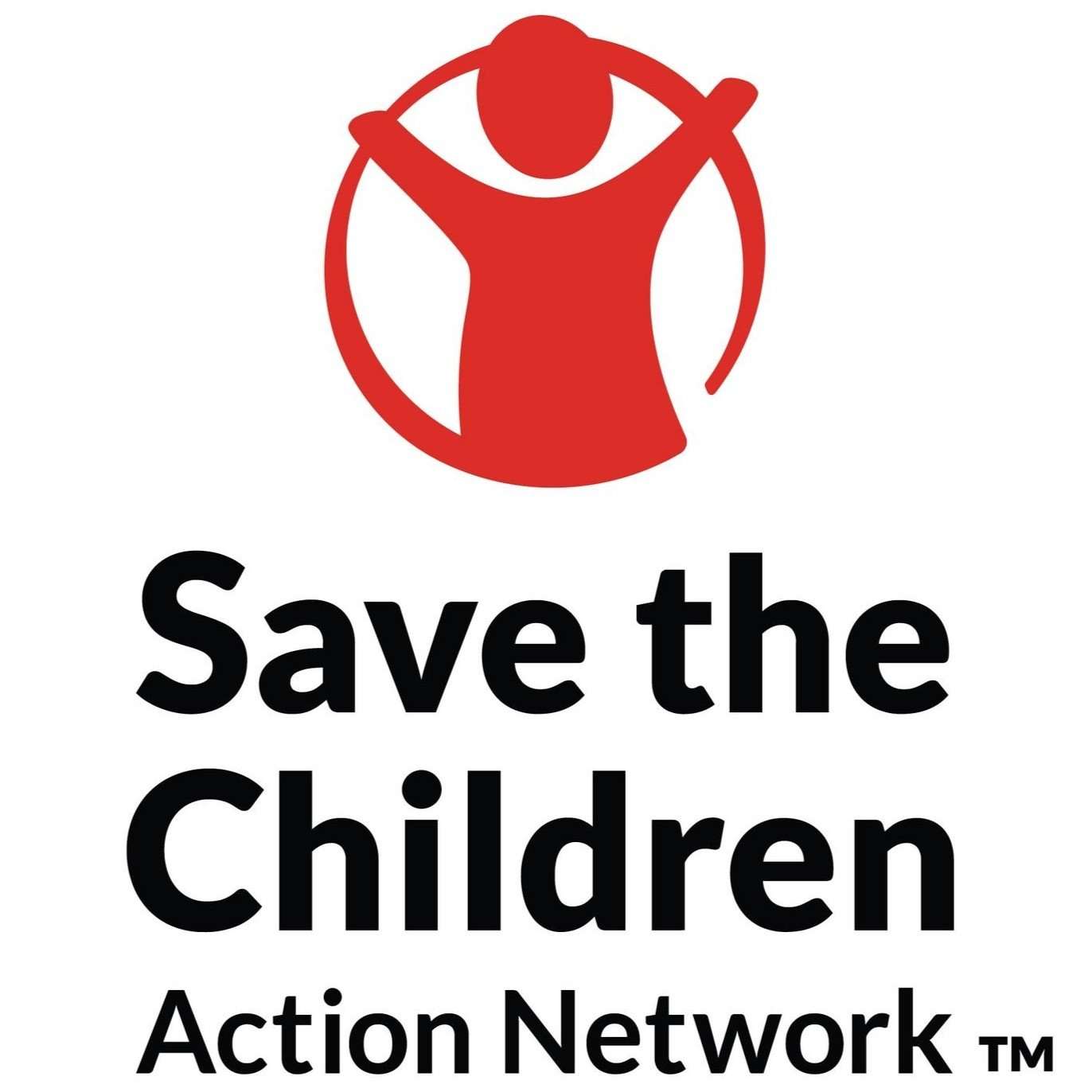National survey results released by Save the Children Action Network (SCAN), and featured by The Hill, spotlight widespread, bipartisan support for increased Supplemental Nutrition Assistance Program (SNAP) benefits for families who are experiencing food insecurity. The data, fielded by a bipartisan team of pollsters, also calls attention to strong opposition to SNAP benefit cuts. Congress is currently writing the Farm Bill, legislation that can impact SNAP benefits.
“For millions of Americans, the pandemic shed a bright light on child hunger and the kind of policies capable of addressing deep-rooted inadequacies of our country’s food assistance programs. The Farm Bill carries huge implications for anti-hunger and anti-poverty measures because SNAP is the nation’s most critical and effective anti-hunger program. It lifts millions of people out of poverty, boosts local economies, and effectively reaches people in greatest need. SCAN is committed to lifting up the broad spectrum of Republican, Democratic and Independent voices reflected in this survey to strengthen the SNAP program, its benefits, and its reach with the Farm Bill,” said Christy Gleason, Executive Director of SCAN.
SCAN’s survey results were released just ahead of the organization’s 2023 Advocacy Summit in Washington, D.C., which will bring together advocates from across the country from July 16-18, to meet with their representatives in Congress about this issue.
When children go hungry, their physical, mental and educational development – as well as their likelihood to break the cycle of poverty – is severely hindered in the short- and long-term. That’s why Save the Children and Save the Children Action Network have worked tirelessly to combat the increasing rates of child hunger facing the country.
Notable Survey Results On Support For Increasing SNAP Benefits
Voters are adamant that SNAP benefits are too low and should be increased.
- When survey respondents learned the typical SNAP recipient receives an average of $5.70 per family member per day, 66% of voters say that amount should be increased.
- This belief is held across political parties: 80% of Democrats, 63% of independents, and 53% of Republicans say benefits should be increased.
Members of Congress who vote to cut SNAP benefits are likely to face negative feelings from constituents, including core groups of the GOP base.
- Two in three (67%) voters say they would feel less favorable toward their Member of Congress if he/she voted to cut SNAP benefits.
- This sentiment cuts across party lines with 81% of Democrats, 70% of independents, and 52% of Republicans saying they would feel less favorable.
Three factors help explain these strong responses: a pervasive feeling that food prices are a big problem; SNAP touching every stratum of the public; and a wide belief that SNAP is important to helping struggling families.
- Eighty-five (85%) of voters say the government should be doing more to help families who are struggling to afford food.
- SNAP is clearly viewed as a central component to alleviating hunger with this—85% say that SNAP is very (61%) or pretty (23%) important when it comes to helping families pay for food when they are facing food insecurity. Three in four (74%) Republicans say SNAP is important, including 71% of Republicans who identify as very conservative.
- Food prices are the most problematic day-to-day cost facing Americans ahead of the cost of housing (83%), healthcare (82%) and gas prices (70%).
Voters widely support several policy proposals that would positively impact SNAP recipients.
- Significant majorities favor everything from encouraging more purchasing of produce by supporting programs like Double Up Food Bucks (94%), to reducing paperwork for applicants (70%).
Full survey results can be viewed by clicking here.
Methodology
The national survey was fielded May 31 – June 3, 2023 by New Bridge Strategy (R) and Hart Research (D). It includes 1,010 completed interviews among registered voters utilizing a nationwide online panel. Interviews were distributed proportionally across the country and quotas were set for key demographic subgroups, such as gender and age, based on census information. The credibility interval is +3.1% for the overall national sample; credibility intervals for population subgroups within the sample will be higher. Due to rounding, not all totals will sum to 100%.
About Save the Children Action Network (SCAN)

SCAN is the political advocacy arm of Save the Children, to be the political voice for kids. We work to ensure that the issues critical to children’s lives and futures are given top priority by our elected leaders, building bipartisan support to make sure every child has a strong start in life. Learn more about SCAN here: https://savethechildrenactionnetwork.org/


